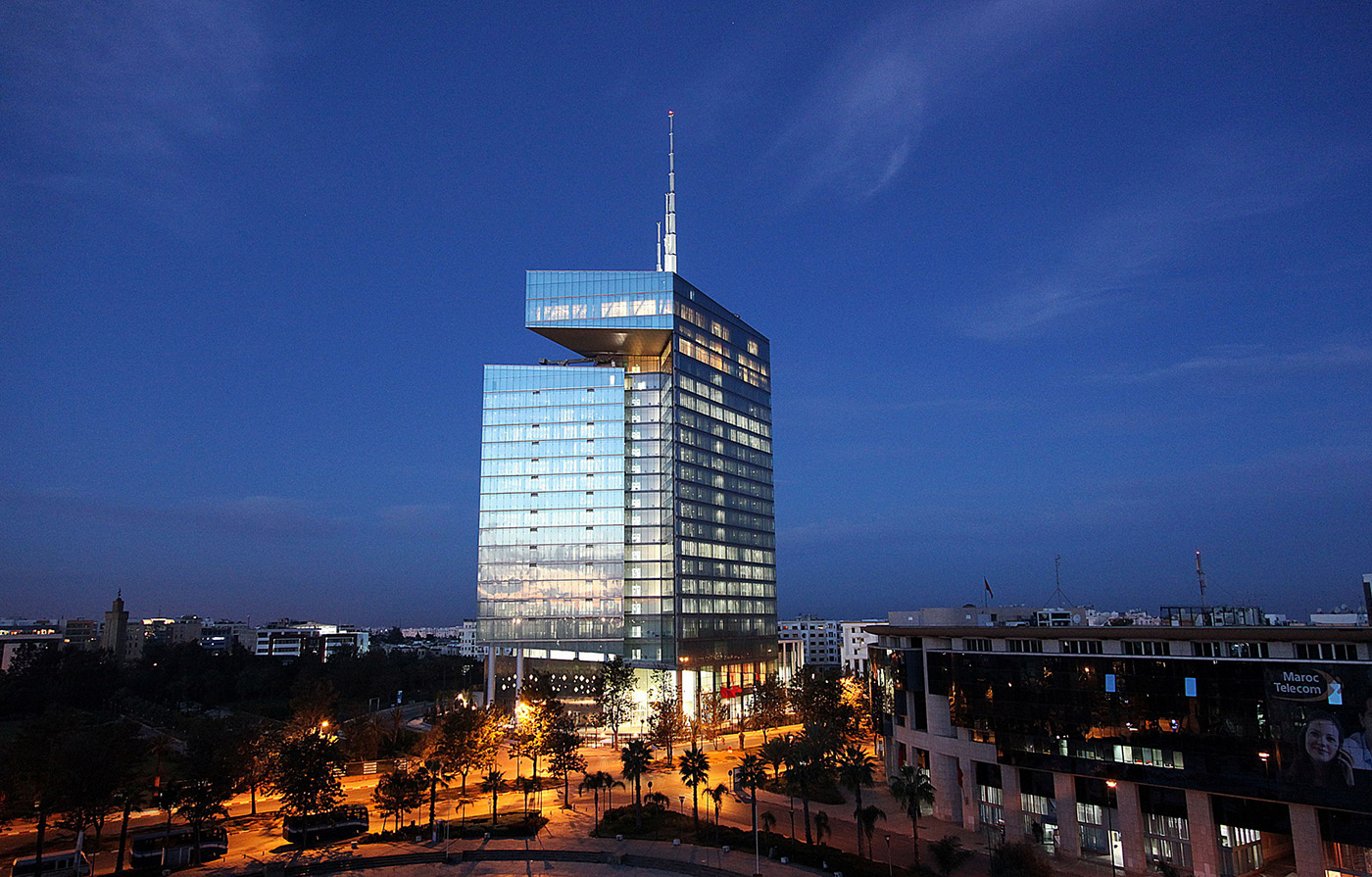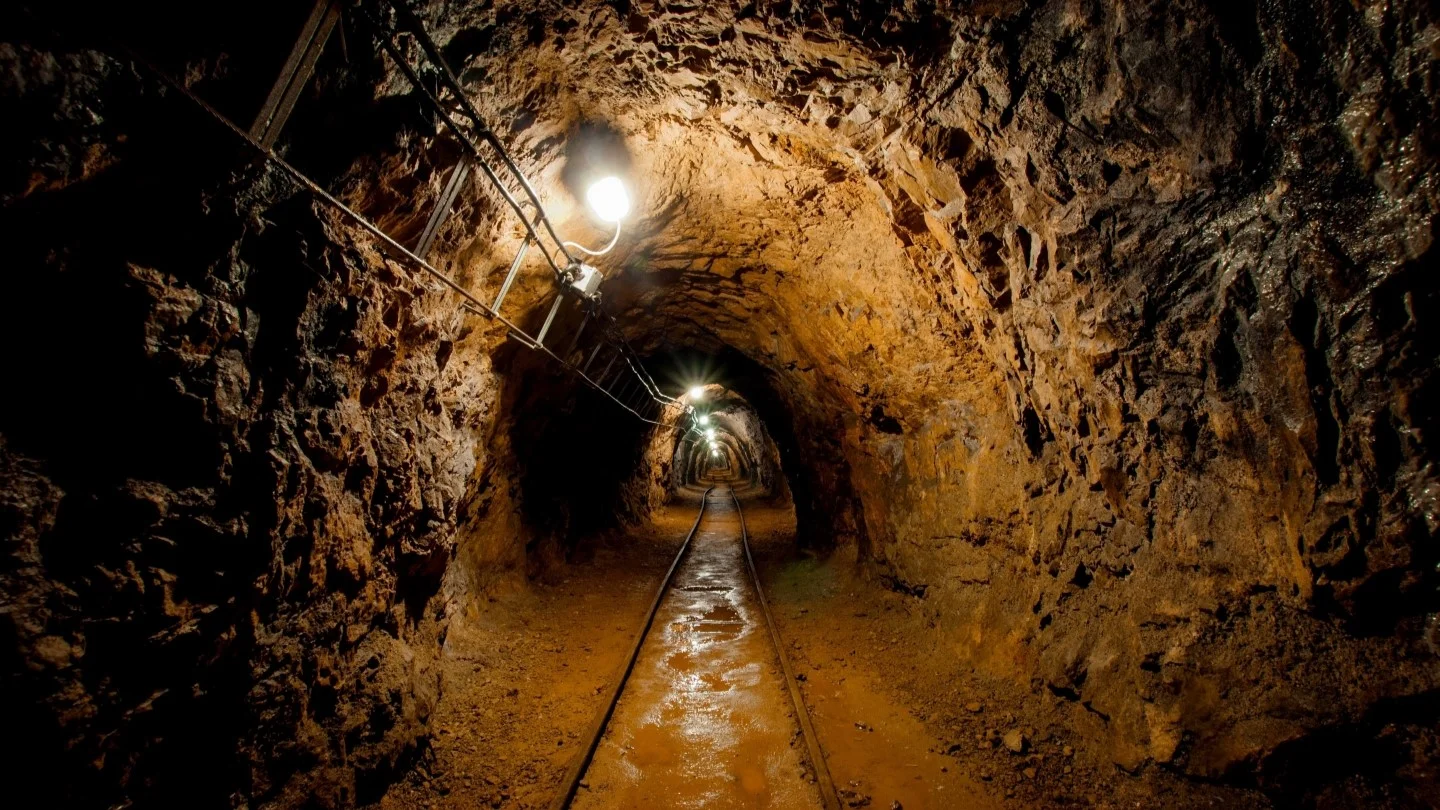Mali’s military-led government is in talks with gold miners, aiming to negotiate an increase in its mining stake from 20% to 35%, to ensure a fair share of profits.
The government is discussing with gold miners the proposed changes to its mining law that could increase state and private Malian interests in new projects by 15%. International investors would have to cede a 5% stake to locals, the document said. The review of the mining code was announced in January after the military-led government said an internal audit had shown that Mali, one of Africa’s biggest gold producers, was not receiving a fair share of profits while granting too many tax breaks. The West African country’s current mining law, passed in 2019, gives the state the right to 10% with the possibility of acquiring an additional 10% stake.
The miners reportedly taking part in talks with the government include the Canada-based Barrick Gold, the second-largest gold miner, and its rival B2Gold are among the biggest producers, both of which have been expanding output in Mali, even amid frequent changes in government and rising insecurity. The Mali government holds 20% stakes in mining projects such as Barrick’s (GOLD) Loulo-Gounkoto and B2Gold’s (BTG) Fekola and also in other projects, such as those operated by Resolute Mining and Hummingbird Resources.
Industry insiders believe that as the junta needs to boost state revenues, the change will likely encourage more state interventions such as demands for renegotiating mining contracts. The proposed changes are also seen as representing a source of regulatory uncertainty for a sector that has been relatively shielded from the turbulent political and security landscape in recent years.



